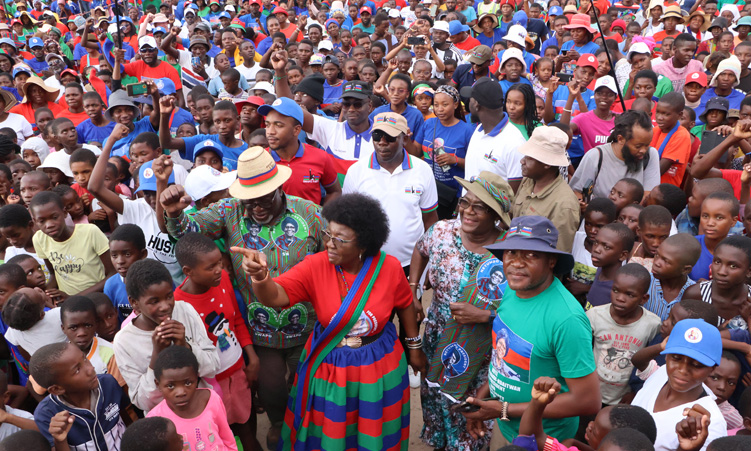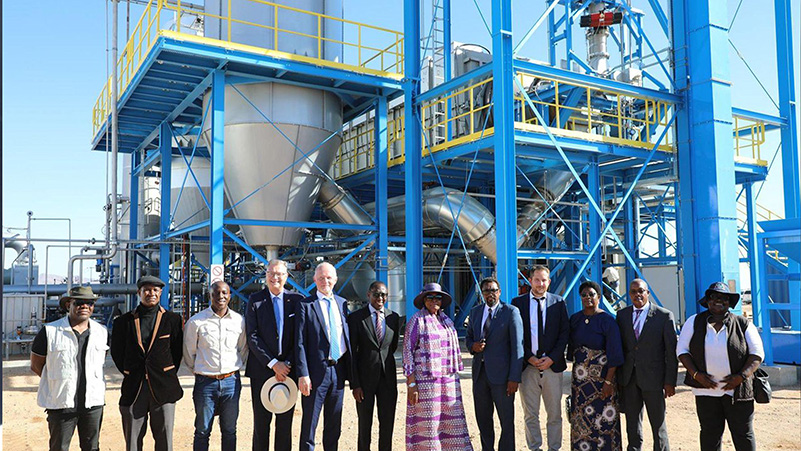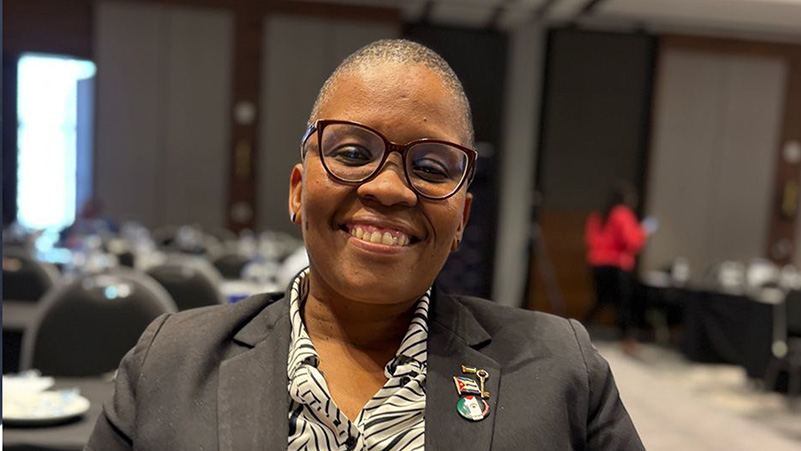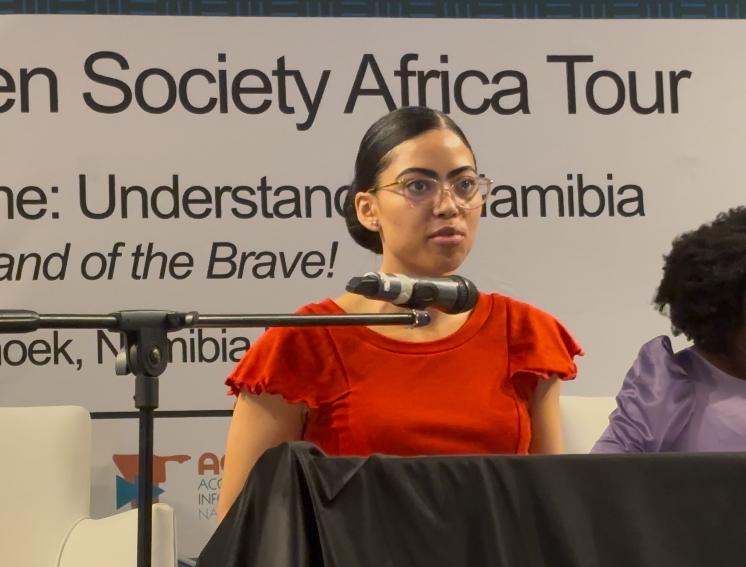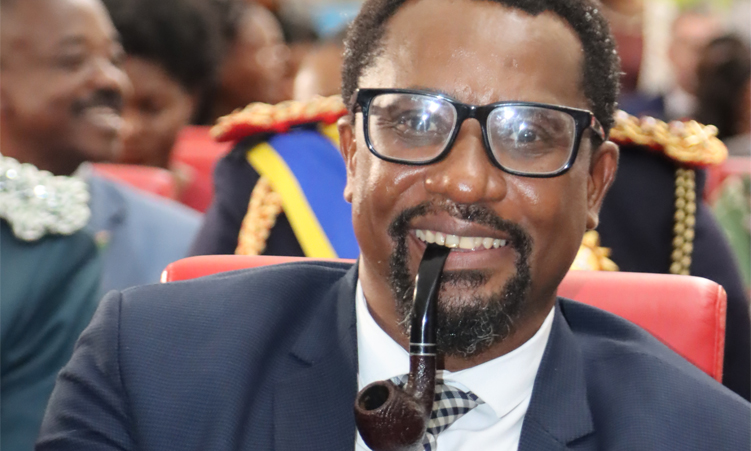Swapo’s loss of 26 National Assembly seats since 2014 has sparked debate: Could the ruling party lose control of the lawmaking house by 2029?
The party maintained its grip on power after this year’s presidential and National Assembly elections with 51 seats, a downgrade from 63 seats in 2019.
In 2014, the party won 77 out of 96 seats, mainly backed by former president Hage Geingob’s prosperity promises.
Its presidential candidate this year, vice president Netumbo Nandi-Ndaitwah, won the presidential elections with 57.3% of the vote, and is set to become Namibia’s first woman president when she assumes office on 21 March 2025.
However, some commentators believe this is a sign of things to come.
Popular Democratic Movement (PDM) lawmaker Max Katjimune is adamant that Swapo will face the same fate as the African National Congress (ANC) in 2029.
South Africa’s liberation party suffered a 40.2% blow in the country’s May elections after 30 years in power.
This has led to the country’s current government of national unity.
“They are going to drop to 46. Look at the trend: In 2014, they got 77 seats, in 2019, 63 seats,” he says.
He says if Swapo drops below 49 seats the party can “really” be held accountable.
Economic and social justice activist Nafimane Hamukoshi yesterday attributed Swapo’s popularity decline to the fact that Namibians are growing weary of Swapo’s leadership.
“They feel let down by promises unfulfiled, frustrated by unemployment, and disillusioned by the corruption that plagues the system,” she said.
She advised Swapo members of parliament to urgently address the youth unemployment “ticking time bomb”.
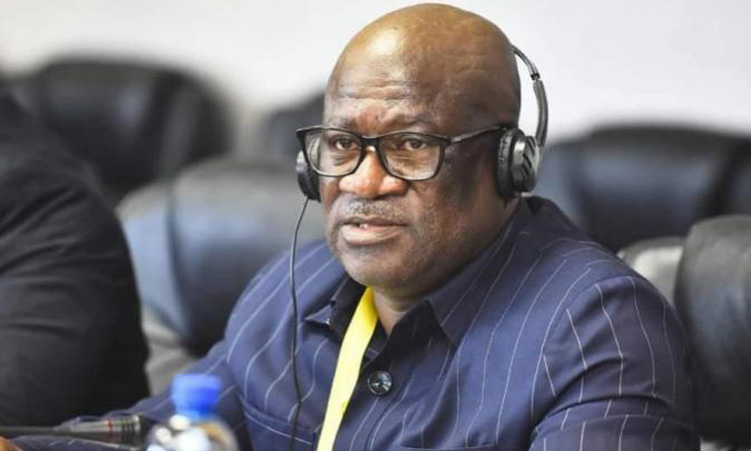
‘ON THE EDGE’
Swapo chief whip Hamunyera Hambyuka has emphasised the need for introspection in the party.
He, however, dismisses the idea that the party’s performance in the elections is a loss.
“Yes, we have lost 12 seats in parliament, but in general, the party has gained close to 500 000 voters, which shows we can still pull the majority,” he said.
Hambyuka added that Swapo is committed to addressing the issues raised during its campaign.
Swapo has been the biggest beneficiary of funds allocated to political parties by the government since independence due to its overwhelming majority in parliament.
The ruling party has been receiving more than N$78 million from the treasury annually since 2015.
In 2020, the government allocated a total of N$103 million to the 11 political parties that won seats in the National Assembly in the 2019 elections.
The allocation is based on the number of seats political parties occupy in parliament.
From 2015, a parliamentary seat was worth around N$960 000, a rise of more than 50% from the N$400 000 the government paid in 2014.
One seat is now worth over N$1.1 million.
The money paid to political parties is mainly meant to keep them functioning between elections and to carry out election-related campaigns, such as voter and civic education.
The party faced a similar reality in 1989 when it failed to gain a two-thirds majority, but won the most seats.
IS THE FUTURE BLEAK?
Political analyst Johan Coetzee has warned Swapo to grant the private sector more freedom by removing policies that hinder economic growth and prevent smaller companies from thriving in a declining economy.
“We, from economic policy research associations, have analysed that the government has tried to control the private sector with policies such as the Investment Promotion Act, the cybercrime bill, and the Employment Equity Act. These efforts have not effectively mitigated economic decline,” he says.
Coetzee suggests that exempting small businesses from taxes during their first five years of operation could boost job creation and reduce the risks associated with starting a business.
He says the government cannot create sufficient jobs through the public service or the military, and awarding tenders to Chinese companies undermines the local construction sector.

LACK OF INNOVATION
Former prime minister Nahas Angula says Swapo’s reluctance to change is another reason for its downward spiral, with many young voters seeking transparency and accountability.
He says the party’s lacklustre performance is due to its unwillingness to implement innovative policies.
The party’s popularity cannot be entirely measured according to the number of votes it has obtained, since many people were not able to vote.
“With the chaos of 27 November you can’t really say whether people are rejecting Swapo, because people were not able to vote,” he says.
He believes Nandi-Ndaitwah will commit to alleviating hunger and poverty.
Former minister of home affairs Pendukeni Iivula-Ithana says it is too soon to determine whether the party is losing popularity as the opposition parties have to prove themselves.
“In other countries you can only talk of the forest when you have small trees and big, you cannot talk when you still have a nursery,” she says.
COMING HOME TO ROOST
Former party member Rosa Namises says the party’s downward spiral is long overdue.
“These leaders don’t listen to us and are too big for our problems,” she says.
Namises foresees that Swapo’s downward trajectory will continue due to self-enrichment.
She says the tribalism and separation that was reduced during former president Hage Geingob’s tenure is lost.
Rally for Democracy and Progress (RDP) member Kandy Nehova says the ruling party’s first woman president and its focus on women empowerment has protected it against complete annihilation.
“People wanted to see a lady lead the country,” he says.
Nehova says the ruling party has lost the support of many young voters, who are grappling with a high unemployment rate.
“The young people felt they should give other parties a chance to see if changes will be addressed,” he says.

‘OUT OF TOUCH’
Analysts say parliament continues to lose touch with voters’ reality and needs.
Political scientist Rui Tyitende says Swapo has officially entered the beginning of its last decade in power.
“Their demise can be accelerated if Nandi-Ndaitwah fails to deliver on the 500 000 jobs and other promises she made to the Namibian public,” he says.
“The question is: Will she be able to deliver in the current economic climate?”
Tyitende specifically refers to the president-elect’s promise of increasing the old-age pension to N$3 000.
Political analyst Ndumba Kamwanyah accredits Swapo’s decreased support base to voter dissatisfaction.
“If we go by the past two election outcomes, we know Swapo lost the two-thirds majority in 2019,” he says.
He says the 12-seat loss for Swapo shows that voters wanted change, but don’t know which vehicle to use to accomplish this.
He believes that the 2025 local and regional elections will deliver the same outcome.
“This is where we are but for sure the train is going down, more so for the ruling party and for established political parties,” he says.
The ministers, deputies and lawmakers who will not make it back includes Christine //Hoebes (minister in the Presidency), Tom Alweendo (minister of mines and energy) Peya Mushelenga (minster of international relations and cooperations), Anna Nghipondoka (minister of education, arts and culture), Itah Kandjii-Murangi (minister of higher education, technology and innnovation), Frans Kapofi (minister of defence and veterans affairs), Erastus Uutoni (minister of urban and rural development), Hambyuka Hamunyera (Swapo chief whip), Hilma Nicanor (veterans affairs), Loide Kasingo (deputy speaker), Hafeni Ndeumula (deputy labour minister) and Agnes Tjongarero (minister of sport, youth and national service).
Stay informed with The Namibian – your source for credible journalism. Get in-depth reporting and opinions for
only N$85 a month. Invest in journalism, invest in democracy –
Subscribe Now!




